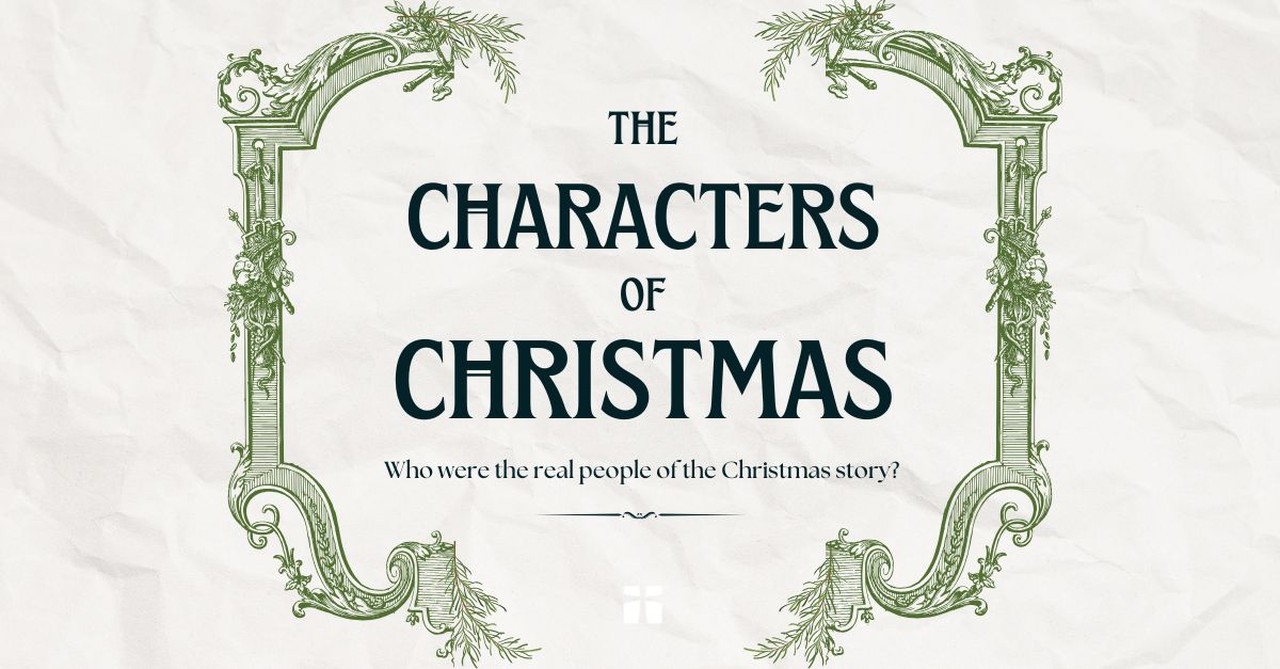John 6:30-44
30 They said therefore to him, 'What sign, then, dost thou, that we may see and may believe thee? what dost thou work? 31 our fathers the manna did eat in the wilderness, according as it is having been written, Bread out of the heaven He gave them to eat.' 32 Jesus, therefore, said to them, 'Verily, verily, I say to you, Moses did not give you the bread out of the heaven; but my Father doth give you the true bread out of the heaven; 33 for the bread of God is that which is coming down out of the heaven, and giving life to the world.' 34 They said, therefore, unto him, 'Sir, always give us this bread.' 35 And Jesus said to them, 'I am the bread of the life; he who is coming unto me may not hunger, and he who is believing in me may not thirst—at any time; 36 but I said to you, that ye also have seen me, and ye believe not; 37 all that the Father doth give to me will come unto me; and him who is coming unto me, I may in no wise cast without, 38 because I have come down out of the heaven, not that I may do my will, but the will of Him who sent me. 39 'And this is the will of the Father who sent me, that all that He hath given to me I may not lose of it, but may raise it up in the last day; 40 and this is the will of Him who sent me, that every one who is beholding the Son, and is believing in him, may have life age-during, and I will raise him up in the last day.' 41 The Jews, therefore, were murmuring at him, because he said, 'I am the bread that came down out of the heaven;' 42 and they said, 'Is not this Jesus, the son of Joseph, whose father and mother we have known? how then saith this one—Out of the heaven I have come down?' 43 Jesus answered, therefore, and said to them, 'Murmur not one with another; 44 no one is able to come unto me, if the Father who sent me may not draw him, and I will raise him up in the last day;



.jpg)
Matthew Henry's Commentary on John 6:30-44
Commentary on John 6:28-35
(Read John 6:28-35)
Constant exercise of faith in Christ, is the most important and difficult part of the obedience required from us, as sinners seeking salvation. When by his grace we are enabled to live a life of faith in the Son of God, holy tempers follow, and acceptable services may be done. God, even his Father, who gave their fathers that food from heaven to support their natural lives, now gave them the true Bread for the salvation of their souls. Coming to Jesus, and believing on him, signify the same. Christ shows that he is the true Bread; he is to the soul what bread is to the body, nourishes and supports the spiritual life. He is the Bread of God. Bread which the Father gives, which he has made to be the food of our souls. Bread nourishes only by the powers of a living body; but Christ is himself living Bread, and nourishes by his own power. The doctrine of Christ crucified is now as strengthening and comforting to a believer as ever it was. He is the Bread which came down from heaven. It denotes the Divinity of Christ's person and his authority; also, the Divine origin of all the good which flows to us through him. May we with understanding and earnestness say, Lord, evermore give us this Bread.
Commentary on John 6:36-46
(Read John 6:36-46)
The discovery of their guilt, danger, and remedy, by the teaching of the Holy Spirit, makes men willing and glad to come, and to give up every thing which hinders applying to him for salvation. The Father's will is, that not one of those who were given to the Son, should be rejected or lost by him. No one will come, till Divine grace has subdued, and in part changed his heart; therefore no one who comes will ever be cast out. The gospel finds none willing to be saved in the humbling, holy manner, made known therein; but God draws with his word and the Holy Ghost; and man's duty is to hear and learn; that is to say, to receive the grace offered, and consent to the promise. None had seen the Father but his beloved Son; and the Jews must expect to be taught by his inward power upon their minds, and by his word, and the ministers whom he sent among them.